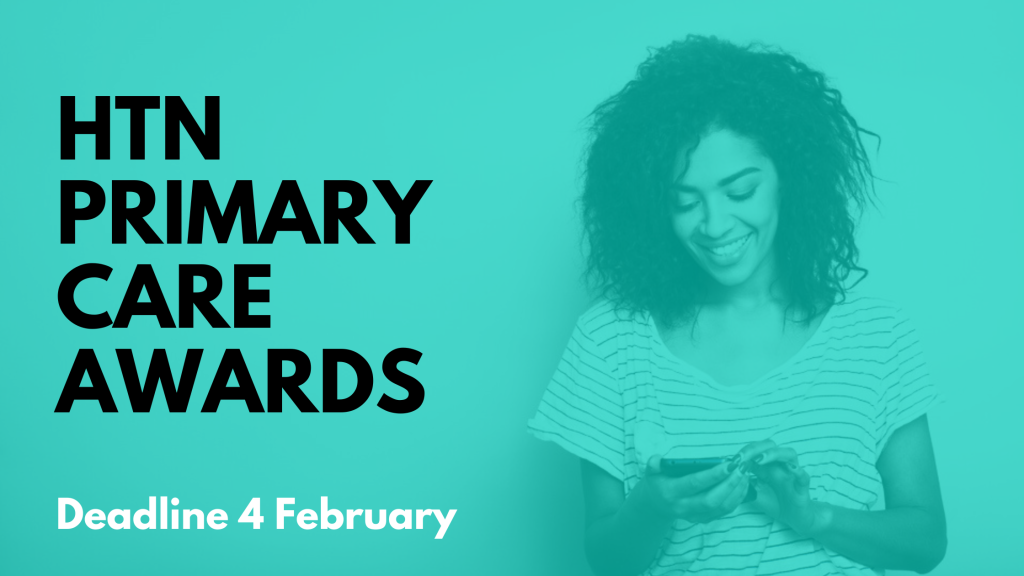Apple has partnered with Brigham and Women’s Hospital in Boston, to launch a “major” longitudinal study via its Research app to assess health data gained from Apple devices, as well as third-party tech.
According to Apple, this is said to help explore the ways in which different areas of health may connect, “such as mental health’s impact on heart rate, or how sleep can influence exercise”, while also looking at how this technology “can be used to predict, detect, monitor, and manage” any changes in health.
The Apple Health Study will reportedly cover a range of areas, including activity, ageing, cardiovascular health, circulatory health, cognition, hearing, menstrual health, mental health, metabolic health, mobility, neurologic health, respiratory health, and sleep. Apple notes how they aim to build on key learnings found in their previous three studies: the Apple Women’s Health Study, the Apple Hearing Study and the Apple Heart and Movement Study, which allowed them to capture data from 350,000 individuals.
Calum MacRae, M.D., Ph.D., a cardiologist, professor of medicine at Harvard Medical School, and principal investigator of the Apple Health Study at Brigham and Women’s Hospital spoke on this new research: “We’ve only just begun to scratch the surface of how technology can improve our understanding of human health. We are excited to be part of the Apple Health Study, as it will continue to explore connections across different areas of health using technology that so many people carry with them every day.”
The company added that the study aims to identify insights for future product development, particularly how a change in health can “affect one or more parts of the body, and others may affect wellbeing overall”. With the overall the aim of the study, to progress towards a more proactive approach to health.
Digital healthcare research and data: the wider trend
The STANDING Together research project, published in The Lancet Digital Health, included more than 350 experts from 58 countries, allowing input from a range of international experts on 29 consensus recommendations. The project produced a series of recommendations to help ensure inclusivity in datasets used to train medical AI systems, allowing “everyone in society to benefit from technologies which are safe and effective”.
From our own research, a recent poll on our LinkedIn page shows that 41 percent of our audience believes support for safe adoption is the main barrier to responsible AI in healthcare. A further 25 percent said it was inadequate regulation adoption, 22 percent said lack of evidence and evaluation, and 13 percent said data and data bias.
An expert panel including Deborah El-Sayed, director of transformation and CDIO at Bristol, North Somerset and South Gloucestershire ICB; Dan Bunstone, clinical director at Warrington ICB; Stephen Bromhall, interim chief officer for digital and data at South East Coast Ambulance Service; and Laura Thompson, director of marketing at The Access Group, joined us late last year to talk about approaches to tackling challenges from an ICS perspective; new models of care and pathway transformation; the role of technology in supporting the move from reactive to proactive care; and how a system approach can accelerate preventative care.
A partnership between University Hospital Southampton and TRL is reportedly aiming to reduce road deaths by linking health records and road traffic collision data. It forms part of the wider Pre-hospital Research and Audit Network (PRANA), which links data from ambulances, police, the Department for Transport, and coroners, as well as emergency care, intensive care, trauma, and rehabilitation registries.







